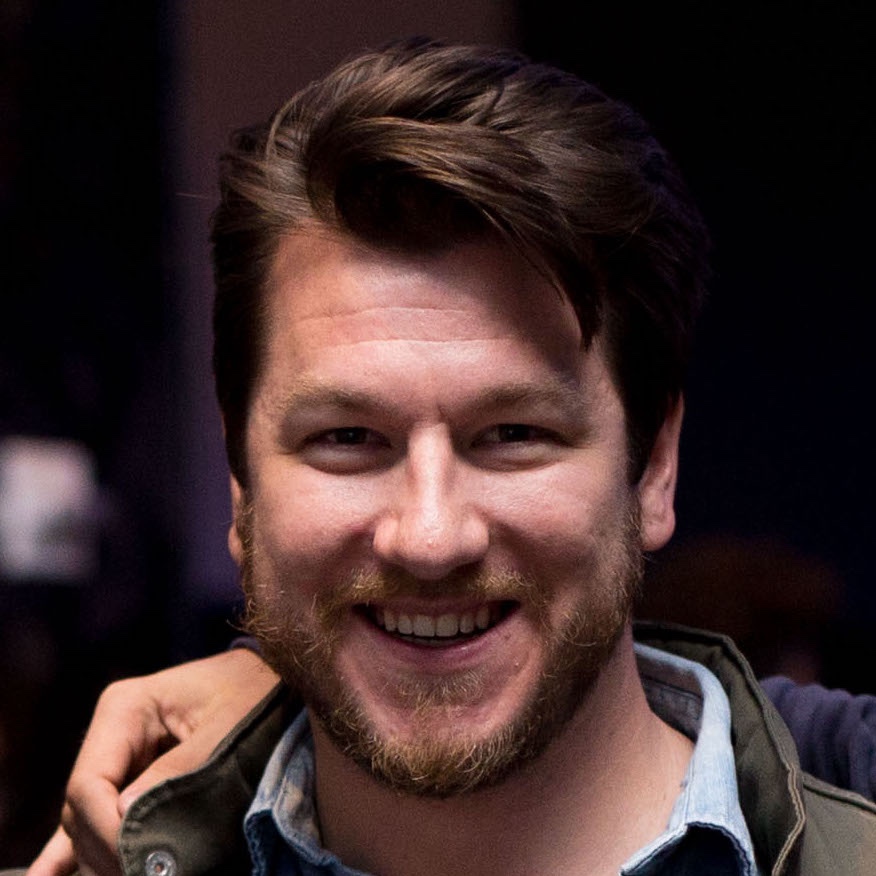
Written by Eli Perkins, an engineering leader based in Denver. Say hello on Bluesky.
Stackless Stacked Pull Requests
How I've made my workflow more efficient with
git-pileand gotten feedback on my work faster and easier.Writing Great Release Notes Doesn't Need to Be Hard
Passing on the opportunity to engage with your customers means giving up on showing your biggest fans that you're putting work into polishing and improving your app.
What makes a great contribution to a codebase?
Guidelines and principles learned in going from two to seven ICs.
Migrating from Gatsby to Next.js
Sometimes paying off tech debt comes at the cost of a rewrite
Validating Relay Queries With This One Weird Trick™
tl;dr: Use
relay --validateto catch Relay validation errors in CI.SE-0117, API Design, and You
Use composition over inheritance. Pass values into functions.
Mocks in Swift via Protocols
How to use protocols to mock types in Swift to test your iOS apps without relying on Objective-C runtime hacks and swizzles.
WWDC 2014 Predictions
Boy, was I wrong... maybe?
Get Off My Lawn
Respect each other's opinions in the iOS community and let's focus on creating cool things with the tools we like.
How We Learn
Find success by seeking to learn more, shaping one's own personal opinion, and changing one's mind.